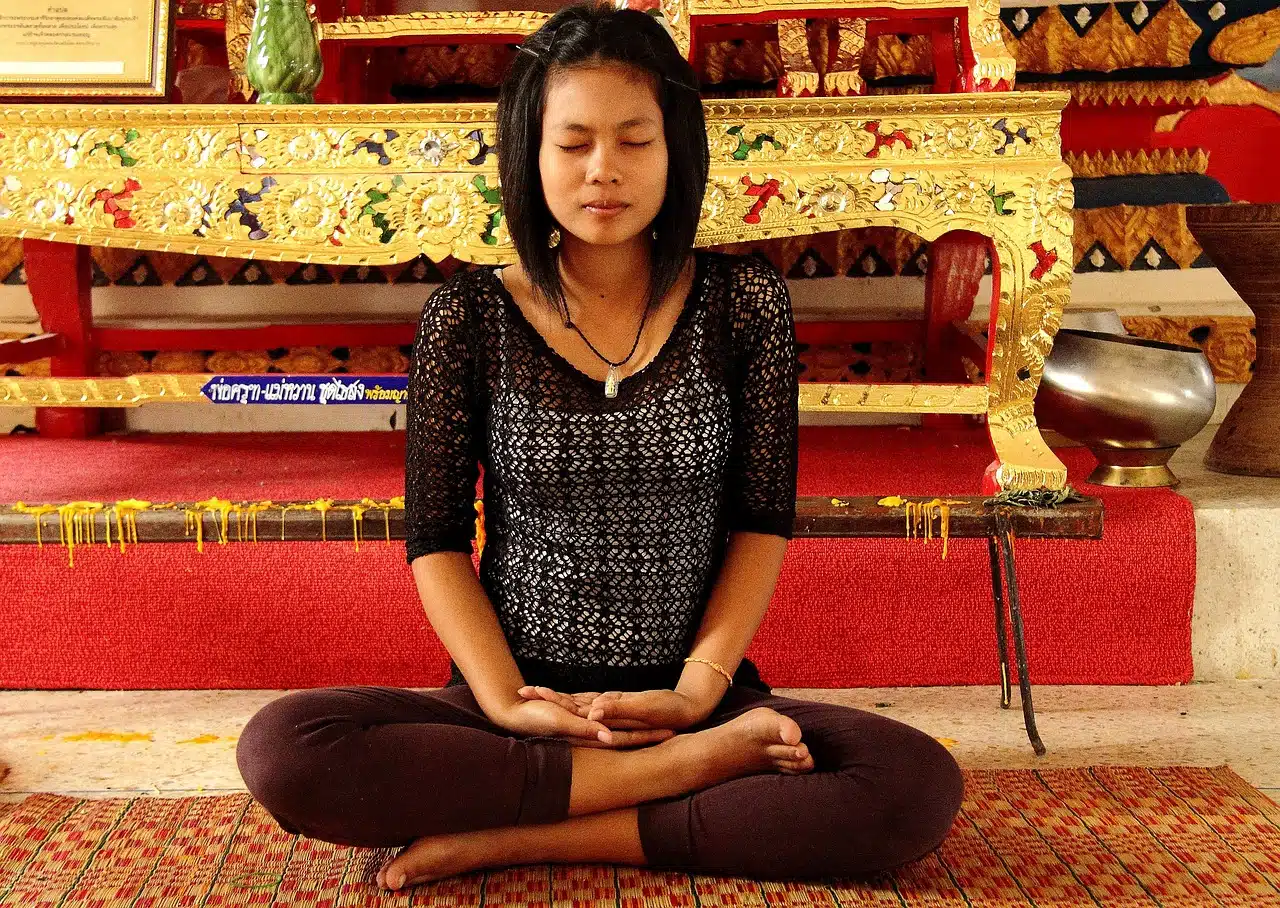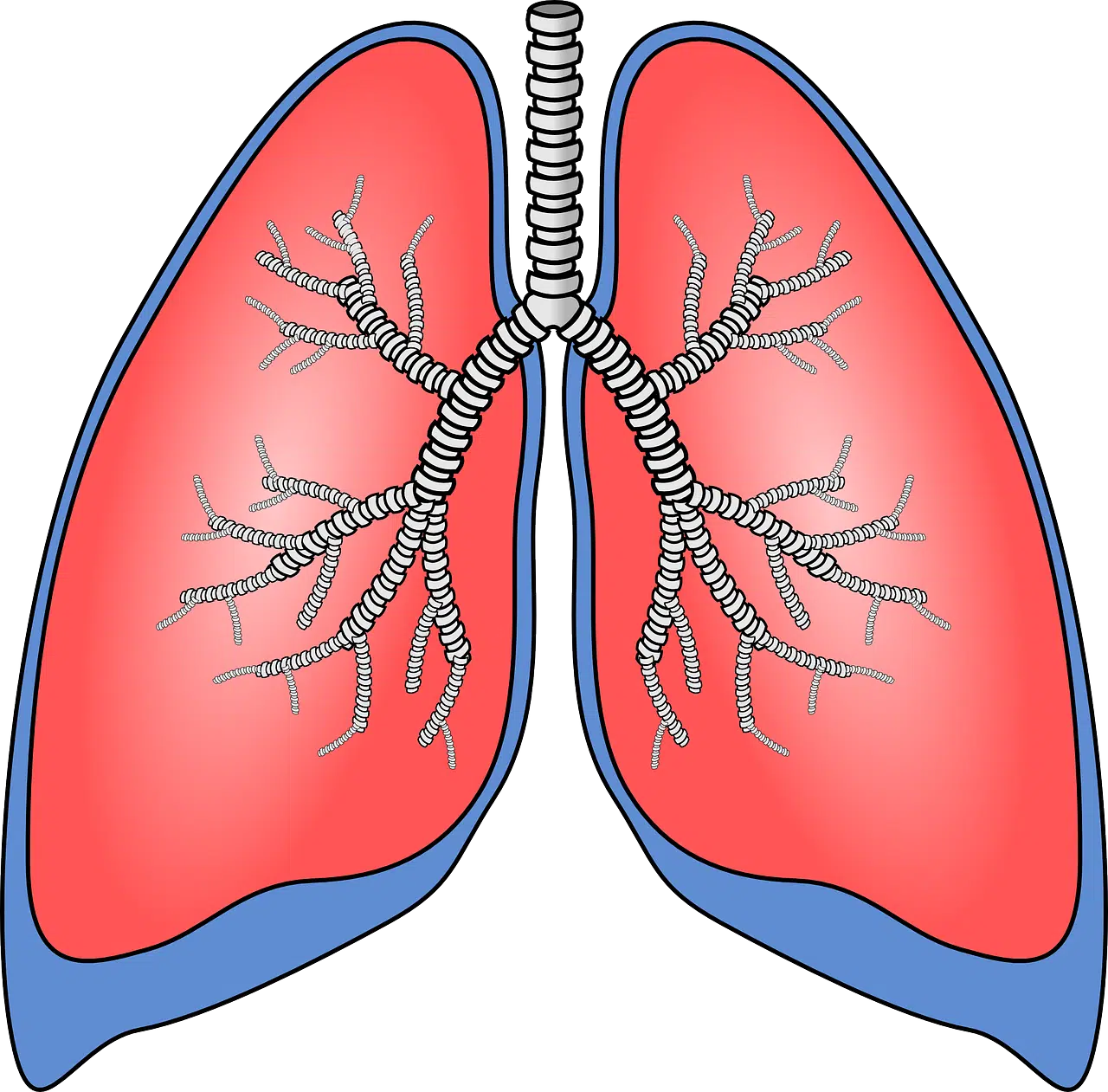
Respiration involves an exchange of gases with the environment.
Respiration is the action and effect of breathing (absorbing air , taking part of its substances and expelling it, modified). The term, from the Latin respiratio , is also used to name the air that is breathed .
For example: "The height of this terrain makes it difficult to breathe and complicates physical activities," "I'm short of breath, I'm going to get out of here," "A blow to the stomach left me breathless and then I fell to the ground." .
Breathing as an essential physiological process
For aerobic living beings, respiration is a physiological process essential for life . It is a gas exchange system with the environment that can be carried out in various ways (pulmonary, gill, cutaneous, etc.).
Humans take in oxygen through inspiration and exhale carbon dioxide. At birth, when the baby is separated from the umbilical cord, the act of breathing is the first independent action of the newborn. It should be noted that, although a person can go several days without eating or drinking, they cannot go more than a few minutes without breathing.

The lungs are key to human breathing.
Other uses of the term
Artificial respiration is a set of maneuvers that may include the use of external devices and that seek to restore or maintain a person's breathing after an accident . A clear example of this is mouth-to-mouth resuscitation.
The expression "breathless" , on the other hand, is used to refer to a state of great astonishment or impact in the face of an event or situation: "The photographs left me breathless" , "When they pointed the gun at me, I was without breathing."
It is also known as breathing, the entry and exit of air from a closed place .
Breath in song
In singing, breathing is essential to achieve a solid and stable technique , to make complex use of the voice and to take care of the health of the vocal cords. Regardless of each person's abilities, the beauty of their vocal timbre or their auditory abilities, when it comes to reproducing a melody, breathing is the basis on which all the remaining concepts are based.
In general, people outside the world of music tend to think that the more air you take, the longer you can sustain your voice; However, in practice, more is less and the secret lies in making intelligent use of oxygen. Singing teachers often instill in their students the importance of breathing through an analogy that compares the column of air rising from the lungs to the bow of a violin and its strings to the vowels.
If violin strings are rubbed aggressively, they are likely to become worn or broken, and the resulting sound will be unpleasant and out of tune. An instrument external to the human body can be repaired or replaced, although it deserves all our respect; However, the vocal cords can suffer irreparable damage, frustrating a person's career aspirations forever.
The key point is support: air should be retained in the lower part of the lungs and used as needed, as opposed to simply letting it out uncontrollably. To do this, it is necessary to recover the ability to breathe with the base of the lungs, which we lose shortly after birth; Most adults tend to raise their shoulders when they inhale, which shows that they are using the upper lung area.
This learning is essential for both singers and athletes, and is also used in meditation and relaxation techniques. Singing is not synonymous with effort, but with a harmonious flow of air that gently brushes the vocal cords to produce sounds that are amplified in the various bony parts of our body known as resonators, in order to be projected over great distances without causing any damage to our brain. throat.
